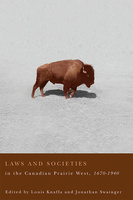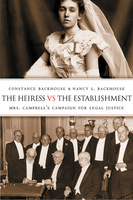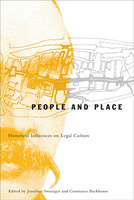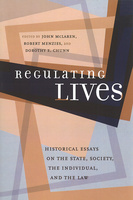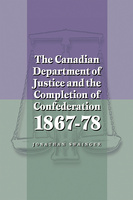Laws and Societies in the Canadian Prairie West, 1670-1940
Challenging myths about a peaceful west and prairie exceptionalism, the book explores the substance of prairie legal history and the degree to which the region's mentality is rooted in the historical experience of distinctive prairie peoples.
Our Box Was Full
An Ethnography for the Delgamuukw Plaintiffs
Daly explores the central meaning of the notion of land in the determination of Aboriginal rights with particular reference to the landmark Delgamuukw case that occupied the British Columbia courts from 1987 to 1997.
Despotic Dominion
Property Rights in British Settler Societies
Brings together the work of scholars whose study of the evolution of property law in the colonies recognizes the value in locating property law and rights within the broader political, economic, and intellectual contexts of those societies.
First Nations Sacred Sites in Canada's Courts
This book demonstrates how and why courts have failed to fairly treat First Nations sacred sites, which are under increasing threat worldwide due to state appropriation and insatiable demands on natural resources.
The Heiress vs the Establishment
Mrs. Campbell's Campaign for Legal Justice
A rare first-person account of Canada’s early twentieth century legal system, this books retells the Mrs. Campbell fourteen-year-battle with the Ontario legal establishment to claim her mother’s estate.
The Oriental Question
Consolidating a White Man's Province, 1914-41
Patricia E. Roy continues her study into why British Columbians were historically so opposed to Asian immigration.
People and Place
Historical Influences on Legal Culture
Regulating Lives
Historical Essays on the State, Society, the Individual, and the Law
This collection explores the treatment of incest in the criminal courts, racial-ethnic dimensions of alcohol regulation, public health initiatives around venereal disease, and the seizure and indoctrination of Doukhobor children, among other issues.
The Canadian Department of Justice and the Completion of Confederation 1867-78
Drawing on legal records and other archival documents, Jonathan Swainger considers the growth and development of the ostensibly apolitical Department of Justice in the eleven years after the union of 1867.

